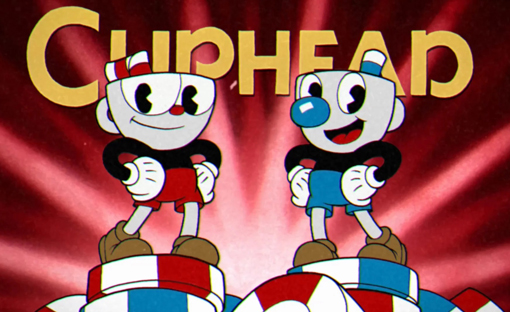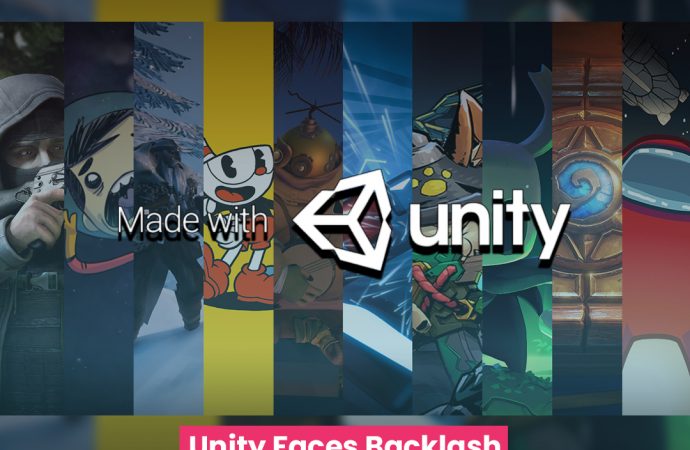Unity, one of the world’s leading game engines, is facing a significant backlash from developers due to upcoming pricing changes. The company plans to introduce a “Runtime Fee” that charges developers each time their game is downloaded under certain conditions. While Unity has clarified some aspects of the fee structure, developers are deeply concerned about
Unity, one of the world’s leading game engines, is facing a significant backlash from developers due to upcoming pricing changes. The company plans to introduce a “Runtime Fee” that charges developers each time their game is downloaded under certain conditions. While Unity has clarified some aspects of the fee structure, developers are deeply concerned about the implications.


Here’s what you need to know:
- The Runtime Fee: Unity intends to introduce a fee that applies when a game reaches a specific level of success. For developers using Unity’s free services, the fee is $0.20 per download if the game generates over $200,000 in revenue within 12 months and is downloaded more than 200,000 times. Developers using Unity’s paid pro services face a higher threshold of one million downloads and $1 million in revenue, with lower fees per download.
- Implementation Date: These changes are set to take effect from January 1, 2024. Unity will consider previous sales and downloads when applying the fees, potentially affecting games that have already reached the fee threshold by that date.
- Developer Outrage: The developer community has expressed outrage and frustration over these changes. They argue that Unity’s fee structure could unfairly impact successful games, even those offered for free, and potentially charge developers for re-downloads and pirated copies.
- Unity’s Response: Unity responded to these concerns by stating that games offered for free through charity bundles, subscription services, and trials would not incur fees. The company also claimed that it would not charge for reinstalls or pirated downloads. However, some remain skeptical about Unity’s ability to accurately track these instances.
- Impact on Developers: Several prominent developers, including those behind successful games like Among Us, Frog song, and Cult of the Lamb, have threatened to remove their games from Unity and switch to other engines. Others working on highly anticipated titles with Unity may be forced to start anew with rival engines.
- Company Response: Unity has not reversed its decision but is directing developers and gamers to its latest updates and FAQs to address concerns. The company has also faced internal repercussions, with reports of office closures and canceled meetings following the backlash.

The controversy highlights the challenges of changing pricing models in a developer-centric industry. While Unity aims to adapt to market demands and enhance its revenue, the response underscores the importance of clear communication and addressing the concerns of its user base. Developers are exploring alternatives, which could potentially impact Unity’s position in the market.




















Leave a Comment
Your email address will not be published. Required fields are marked with *